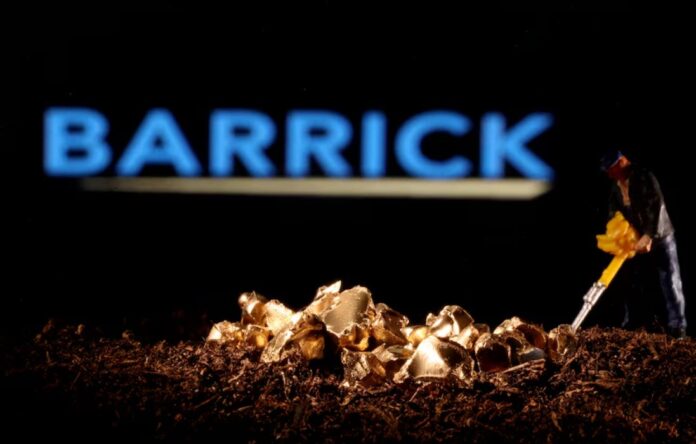Barrick Gold Corp. has provisionally approved plans to develop a vast copper-and-gold project in Pakistan and expects to sign a $3 billion funding package for the mine in the third quarter.
Financing for the Reko Diq project is led by the World Bank’s International Finance Corp., with participation from state funding agencies in the US, Germany, Japan and elsewhere, Barrick Chief Executive Officer Mark Bristow said in an interview with Bloomberg.
“We expect to drawdown about $500 million by 4th quarter,” Bristow said.
Bloomberg reported that Barrick is also considering further exploration in the region, and has signed a memorandum of understanding (MoU) with Pakistan’s Mari Energies Ltd. covering two mineral properties adjoining Reko Diq.
However, Tim Cribb, Barrick Gold’s Project Director For Pakistan’s Reko Diq told Reuters that the mining company intends to lock in upwards of $2 billion in financing from international lenders, with term sheets signed by early Q3.
He said that the funding will support the development of the Reko Diq mine, one of the world’s largest underdeveloped copper-gold deposits, which is hoped to generate $70 billion in free cash flow and $90 billion in operating cash flow.
Barrick Gold and the governments of Pakistan and Balochistan own the project jointly. The financing for phase one of the project, which is expected to start production in 2028, is being discussed with multiple lenders.
Cribb said the mine is looking at $650 million from the International Finance Corporation and International Development Association. He added that the mine is also in talks with the US Export-Import Bank for $500 million to $1 billion in financing, as well as $500 million from development finance institutions including the Asian Development Bank, Export Development Canada, and Japan Bank for International Cooperation.
“We expect to close the term sheet in either late Q2 or early Q3,” said Cribb.
He said railway financing talks are underway with the IFC and other lenders, with infrastructure costs estimated at $500-800 million, with roughly be $350 million as initial cost.
A recent feasibility study has upgraded the project’s scope, with phase one throughput increasing to 45 million tons per annum from 40 million, and phase two throughput rising to 90 million tons per annum from 80 million.
The mine life has been revised to from 42 years to 37 years due to the rising throughput, although the company believes unaccounted-for minerals could extend the life to 80 years. The cost of phase one has also been revised upwards to $5.6 billion from $4 billion.
The lenders are expected to secure offtake agreements, with potential clients including countries in Asia such as Japan and Korea, as well as European nations like Sweden and Germany, which are looking to secure copper supplies for their industries, Cribb said.




